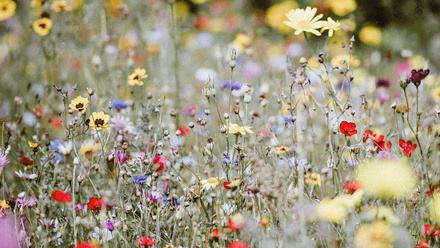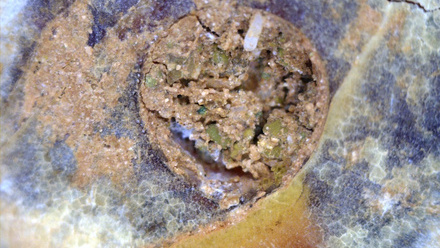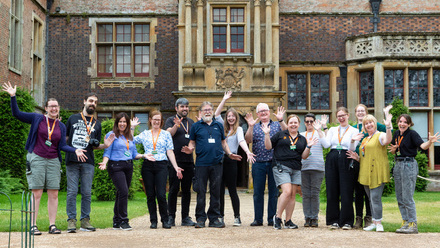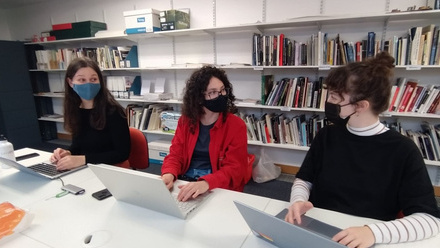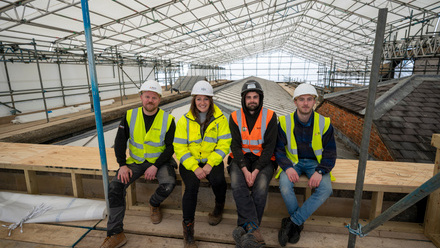Climate Heritage Network: Icon's Chief Executive, Sara Crofts, celebrates the launch of the new Advocacy Toolkit
We all know that cultural heritage is at risk from climate change and that no country is immune to the challenges of flooding, desertification, increased extreme weather events, rising sea levels etc. But perhaps there is also an assumption that cultural heritage is passive; that it is impacted by global temperature rises but has nothing to offer in return. It must simply await its fate.
The Climate Heritage Network (CHN) was set up to challenge this assumption, and to show that cultural heritage organisations can play an active role in addressing the challenges of climate change.
Over the last two years the seven CHN working groups have focussed their efforts on the production of a library of resources under the banner of the Madrid to Glasgow Action Plan. I had the privilege of co-ordinating working group one, which was tasked with communicating the role of cultural heritage in climate action. We launched our new resource: an Advocacy Toolkit as part of Historic England’s Climate Friday webinar series on 29 October 2021, just ahead of COP26.
Climate Friday webinar introduced by Sara Crofts and featuring a presentation by Claire McGuire:
At the heart of our new Advocacy Toolkit is the belief that anyone can be an advocate. I took on the task of co-ordinating working group one, with its communication brief, because I believe that we need to put more time and energy into getting our message across to a wide range of audiences and stakeholders. We know that climate matters to heritage and that heritage matters to climate – but we need to get better at sharing this understanding with others, particularly those with the power to influence change. And we also need to help our colleagues who don’t yet understand the connection to see what we see, and then to want to get involved, to catalyse changes in their own organisations and their places.
The new Advocacy Guide provides tips to strengthen your advocacy to a range of audiences, including peers, workplace leaders, and policymakers. It can be used by cultural heritage professionals, students, volunteers, and anyone else with passion for the role of culture in climate action. For those already doing this work, the Advocacy Guide can help you amplify your message by building an approach that will connect your ideas, research results, and recommended actions with others – within the sector and beyond. I warmly recommend this new resource and hope that many cultural heritage practitioners will use these materials to embed climate advocacy within their work.
As we enter the second week of COP26 we need to demonstrate to policymakers that cultural heritage has value as part of climate action strategies. Our overarching aim is to empower Climate Heritage Network members to find the most effective language to connect the power of arts, culture, and heritage to drive positive climate action.
About the Climate Heritage Network
First conceived in San Francisco in 2018 and then launched in Edinburgh in October 2019, the Climate Heritage Network brings together hundreds of arts, culture, and heritage organisations across the globe. It is a truly international collaboration of likeminded organisations who are working to place cultural heritage into the mainstream of climate policy and action. The network is fortunate to be able to call upon a talented pool of optimistic, creative, and committed people who have the skills and knowledge to support the design, planning, and execution of their communities’ climate action strategies, using cultural heritage as a physical and intellectual resource.
The Network aims to empower cultural heritage officials to engage with climate change agendas and to promote climate solidarity between arts, culture and heritage agencies. We share a concern that the cultural dimension is currently missing from many national climate change adaptation and mitigation plans. So we offer a place to collaborate; a forum to share good practice, effective strategies and positive messages. The network is a collaborative space for all those who know that cultural heritage has a part to play in creating a sustainable global future.

